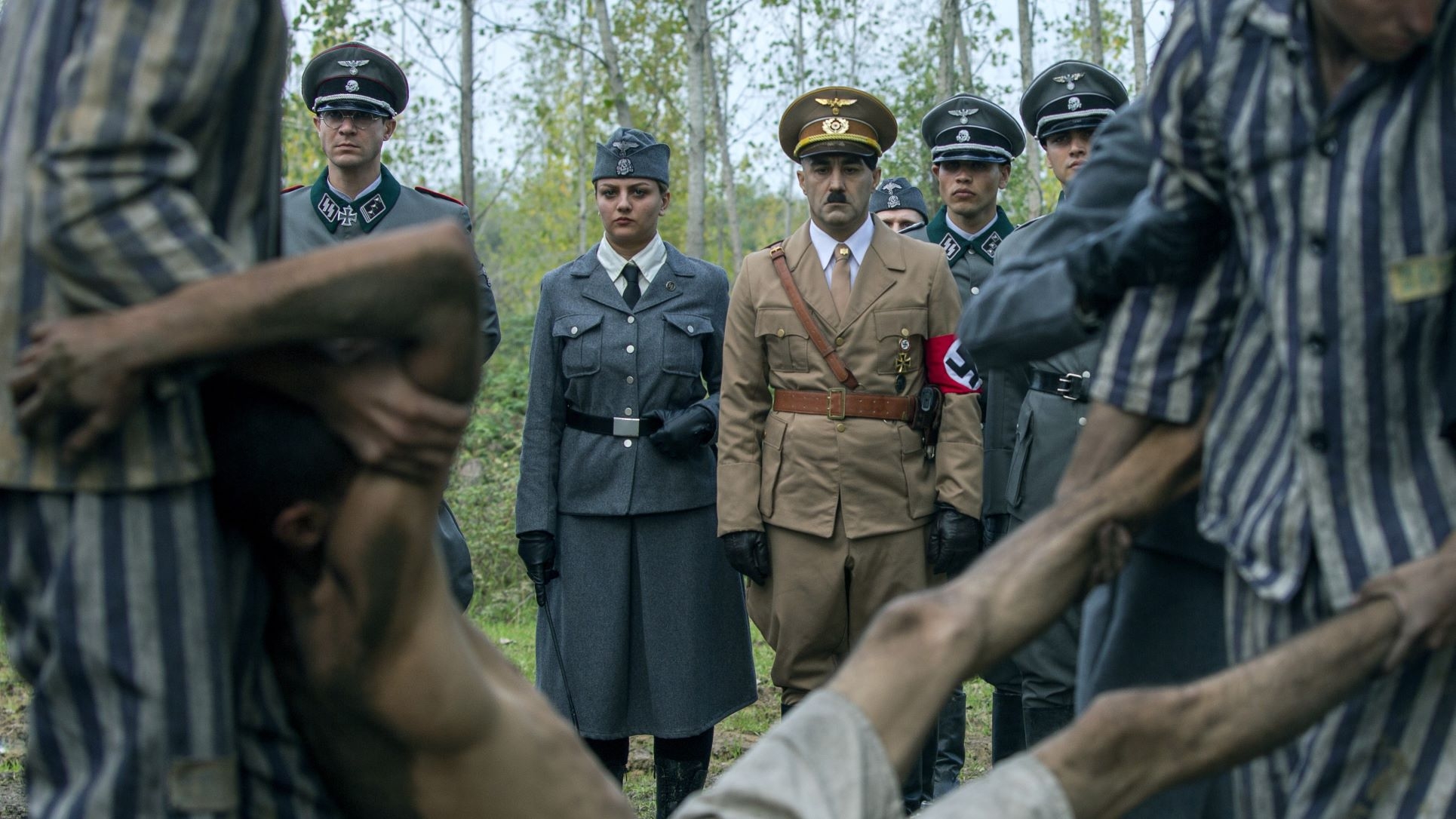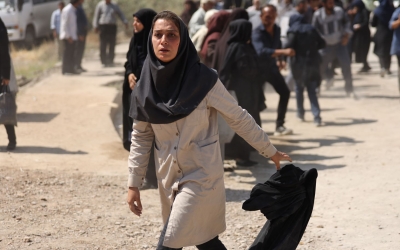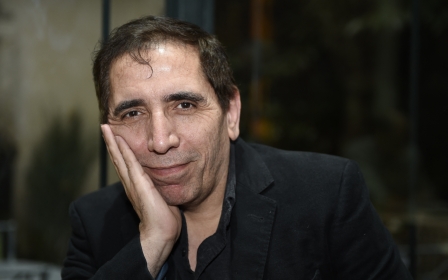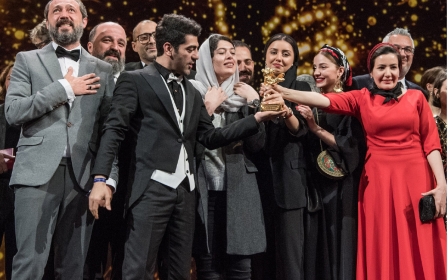Iranian press review: Net tightens on celebrity support for Mahsa Amini protests

Government crackdown on celebrities
After targeting journalists, activists, lawyers and footballers in their crackdown on protests over the death of Mahsa Amini, Iranian authorities are now increasingly clamping down on internationally acclaimed artists and well-known television presenters.
On Tuesday, the Shargh daily reported that the government had banned Peyman Ghasemkhani, a director and actor, from travelling abroad. Ghasemkhani had his passport confiscated by Iranian intelligence when he returned to the Islamic Republic.
Reports said that Houman Seyyedi, the director of the film World War III (2022), had also been banned from travelling abroad.
Mehran Modiri, a leading figure of cinema and a TV satirist, Homayoun Shajarian, an internationally acclaimed traditional musician, and Sahar Dolatshahi and Hedieh Tehrani, both famous Iranian actresses, were all banned from leaving the country last week.
New MEE newsletter: Jerusalem Dispatch
Sign up to get the latest insights and analysis on Israel-Palestine, alongside Turkey Unpacked and other MEE newsletters
Mahmoud Shahriari, a former TV presenter, was arrested in a raid on his home after he supported protesters fighting riot police across the country.
Many of these people were silent during similar - if smaller - uprisings in 2017 and 2019. The artists and celebrities who appear on Iran's national TV channel must pass a thorough vetting process and show their allegiance to the authorities.
Outlets affiliated with the Islamic Revolutionary Guard Corps (IRGC) and the establishment have looked to denigrate artists and performers supporting the protests.
The Kayhan daily, whose editor-in-chief is appointed by Iran's supreme leader, compared the celebrities to Adolf Hitler and urged the country's judiciary to punish them.
Meanwhile, other outlets demanded the trial of internationally acclaimed artists such as Asghar Farhadi, one of the first Iranian artists to voice their anger at the government. Farhadi is one of very few directors to have won the Oscar for best foreign film twice, for A Separation and The Salesman.
In a video published on social media, Farhadi strongly criticised the government for killing demonstrators and called on international artists to show solidarity with the uprising.
Juliette Binoche, Daniel Day-Lewis, J. K. Rowling and Shakira are just some of the celebrities to have heeded his call, condemning Iranian authorities and urging the international community to bring the government to account.
Bins and police boxes removed
City officials and police officers in Tehran have ordered the removal of rubbish bins and police Conex box stations, after protesters attacked the stations and set waste containers on fire in confrontations with the police.
On Saturday, a video went viral on Persian social media showing the removal of a police box station on Fallah Street in southern Tehran. Iranian police use these portable stations at intersections and in the main squares of cities.
Last week, government news agencies and outlets published images of the boxes torched by demonstrators in the capital, Tehran, and the northeastern city of Bojnurd.
Meanwhile, Alireza Zakani, Tehran's conservative mayor, said that 600 rubbish bins had been set on fire since the beginning of the protests, adding that to avoid further damage, waste containers were being removed from the streets.
"The bins were removed from their places to avoid causing roadblocks, and after the end of the current situation, they will return to where they are supposed to be," Zakani told reporters.
Protesters in Iranian cities often close streets with municipality waste containers to stop police cars. Demonstrators set bins on fire to reduce the impact of teargas.
Mental health referrals increase
Iranian psychologists and mental health experts say the suppression of the current social uprising has increased ordinary citizens' psychological problems, the Arman-e Emrooz daily reported.
There has been a 30 percent increase in referrals to mental health specialists over the past two weeks, the daily reported.
'Many of those who came to us said they felt a deep depression because of the news they heard'
- Iranian psychologist
Psychologists and psychiatrists told the daily that Iranians faced a mental health crisis following the death of Mahsa Amini in police custody and the deadly suppression of demonstrations against the establishment.
"We have seen a huge referral during the past two weeks, and many of those who came to us said they felt a deep depression because of the news they heard," one psychologist told Arman-e Emrooz.
Another mental health expert said ordinary Iranians faced the same issues during the 2019 protests against an increase in fuel prices, and after the downing of a Ukrainian passenger jet in 2020.
This expert warned the government: "If the officials fail to understand the [current] social and political issues and remain irresponsive to people's demands, they will see the eruption of people's anger in the near future."
Middle East Eye delivers independent and unrivalled coverage and analysis of the Middle East, North Africa and beyond. To learn more about republishing this content and the associated fees, please fill out this form. More about MEE can be found here.





